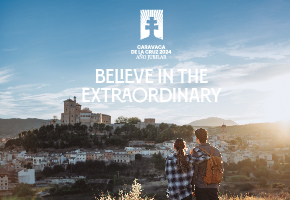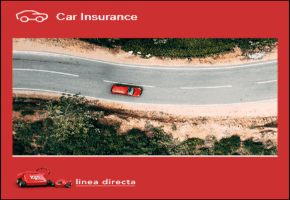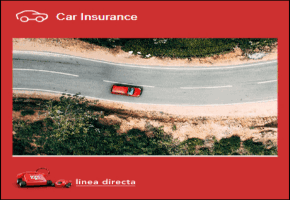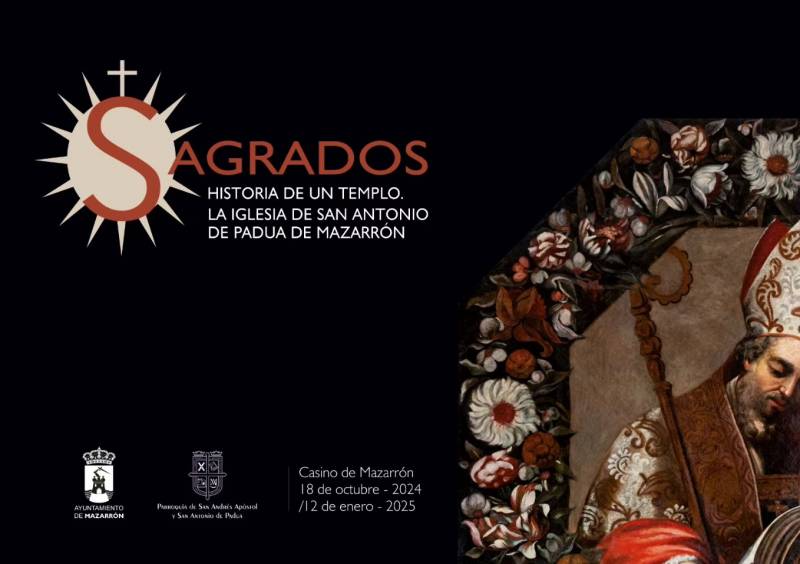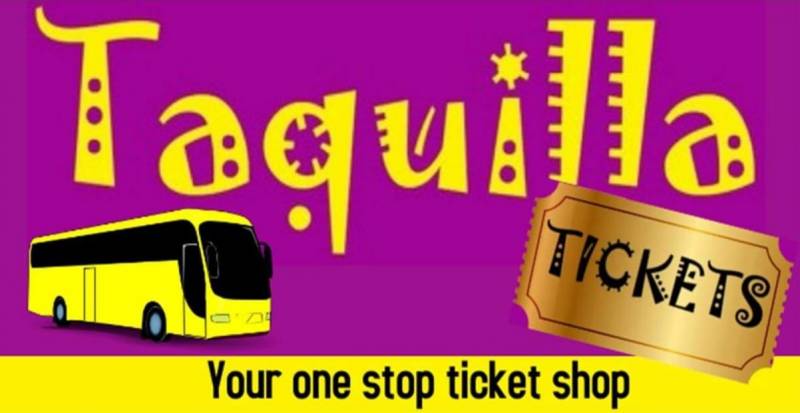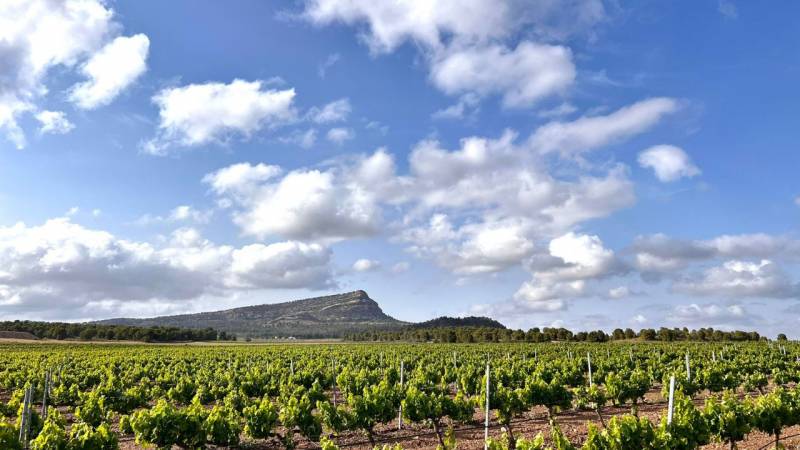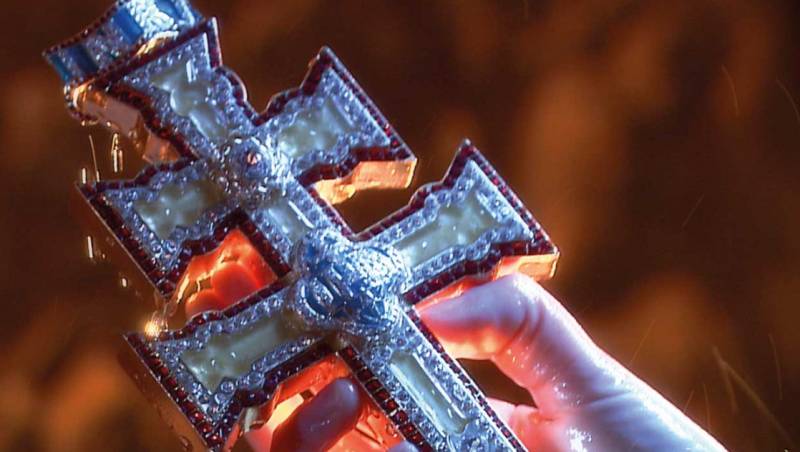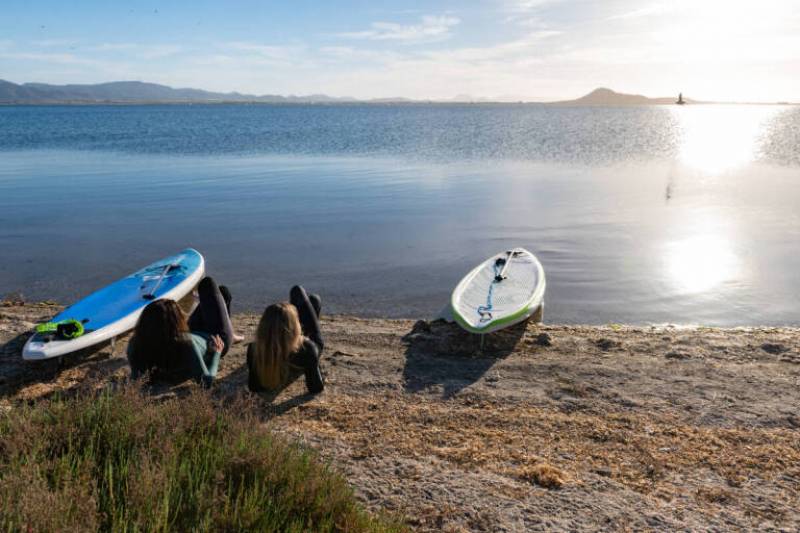
To be listed on the CAMPOSOL TODAY MAP please call +34 968 018 268.
December 22 The Conciertos Sentidos concerts continue in Barranda with Citra Trio
Music representing a variety of cultures in the Caravaca countryside
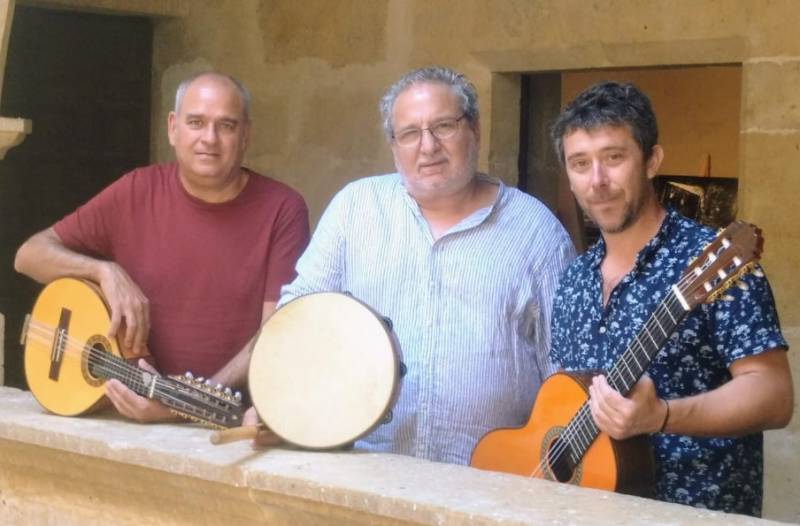 One of the new initiatives in the cultural calendar of Caravaca de la Cruz this year is the recovery of the concert cycle known as “Conciertos Sentidos”, which had not been held for 15 years, and the season ends on 22nd December with a performance by Citra Trio.
One of the new initiatives in the cultural calendar of Caravaca de la Cruz this year is the recovery of the concert cycle known as “Conciertos Sentidos”, which had not been held for 15 years, and the season ends on 22nd December with a performance by Citra Trio.
The last concert begins at 13.00 at the Ethnic Musical Instruments museum, which also houses the remarkable Carlos Blanco Fadol collection, with the aim of presenting a variety of musical traditions rooted in the Catholic, Moorish, Celtic and Jewish cultures. Given the early start, there is plenty of opportunity to sample the hearty rural cuisine for a protracted lunch in the village or the surrounding countryside!
The Citra Trio embody this multicultural approach, combinnig the talents of Josep Aparicio (vocals), Toni Porcar (guitar) and Eduard Navarro (traditional wind instruments and others). Josep Aparicio has been devoted to music all his ad ult life and for 24 years has been Director of the Escola de Cant d’Estil del Grup de Danses in Poblet.
Admission to the concert is free of charge.
For more local events, news and visiting information go to the home page of Caravaca Today.
Oficina de Turismo de Caravaca de la Cruz
 More information about the places of interest which can be visited in the municipality of Caravaca de la Cruz, along with what's on and local news can be found in the Caravaca Today.
More information about the places of interest which can be visited in the municipality of Caravaca de la Cruz, along with what's on and local news can be found in the Caravaca Today.
Caravaca de la Cruz, in the north-west of the Region of Murcia, is one of only 5 Holy Cities in the Roman Catholic world, a centre of pilgrimage, along with Rome, Jerusalem, Santiago de Compostela and Santo Toribio de Liebana, and is home to the Cross of Caravaca, the Vera Cruz.
The status of Holy City was bestowed by Pope John Paul II in 1998, granting the City a Permanent Jubilee year every 7 years for perpetuity, the first one held in 2003 and the next in 2024.

The strategic and natural advantages of Caravaca de la Cruz have attracted the attention of settlers for more than 800,000 years, the Cueva Negra yielding remains of Homo Heidelbergensis, forbears of the Neanderthals and the municipality also houses important archaeological remains from the Argaric, Iberian and Roman cultures. many of these can be seen in the Municipal Archaeological Museum.
 As a border town caught between the Catholic forces of Castille and the last remaining Moorish stronghold in Spain, Granada, Caravaca had a turbulent medieval history, but it was during this period that the legend of the Cross of Caravaca was born, bringing the religious orders which shaped the structure of Caravaca today, with its impressive hilltop castle and eclectic collection of churches and monasteries, religious tourism today being a backbone of the town´s economy.
As a border town caught between the Catholic forces of Castille and the last remaining Moorish stronghold in Spain, Granada, Caravaca had a turbulent medieval history, but it was during this period that the legend of the Cross of Caravaca was born, bringing the religious orders which shaped the structure of Caravaca today, with its impressive hilltop castle and eclectic collection of churches and monasteries, religious tourism today being a backbone of the town´s economy.
Caravaca de la Cruz is a municipality with important natural resources, including extensive forests, part of which have protected status due to their wealth of flora and fauna, and due to the abundant water supplies is also a major area for canned fruit production, apricots in particular being an important crop.
 Caravaca is renown for its important May Fiestas, held in honour of the Vera Cruz, which also incorporate the Moors and Christians celebrations and the Running of the Wine Horses.
Caravaca is renown for its important May Fiestas, held in honour of the Vera Cruz, which also incorporate the Moors and Christians celebrations and the Running of the Wine Horses.
Caravaca de la Cruz is also the home of Europe´s largest collection of ethnic instruments at Barranda, the Museo de Música Étnica Barranda and is the location of the Barranda festival de Cuadrillas, which celebrates the Region's ethnic music traditions.
The municipality is home to around 26,000 inhabitants and sahres boundaries with Moratalla, Cehegín, Lorca, Puebla de Don Fadrique in the province of Granada and Vélez-Blanco in the province of Almería.
Opening times:
Weekdays: 10.00 to 14.00 and 16.30 to 19.30
Saturdays: 10.30 to 14.00 and 16.30 to 19.30
Sundays and public holidays: 10.30 to 14.00
Click for map, Caravaca de la Cruz Tourist Office

